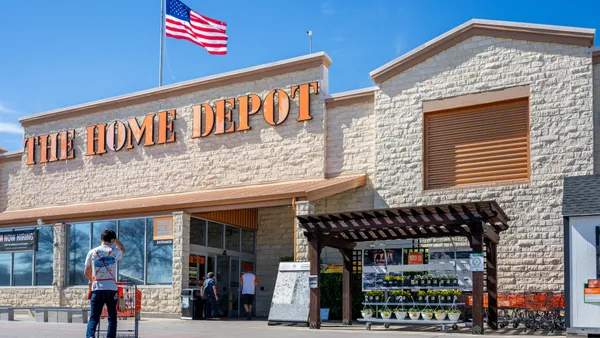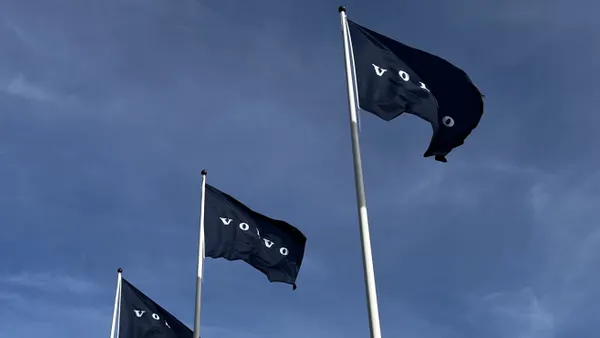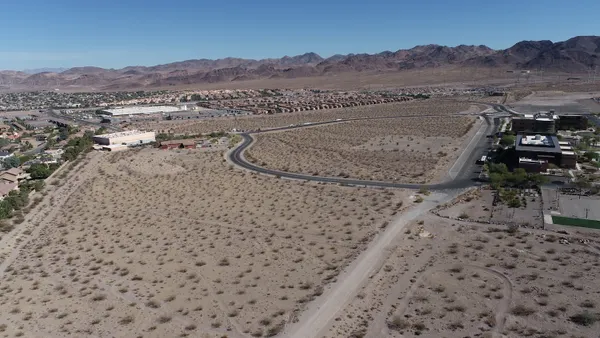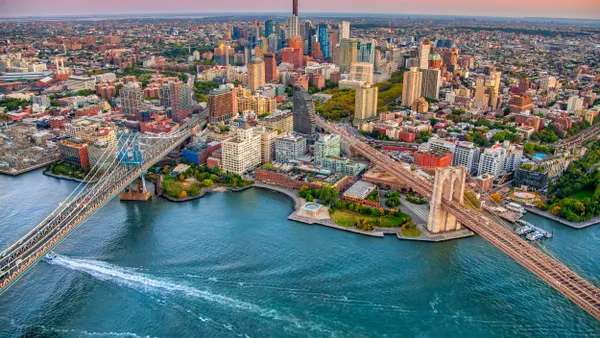Dive Brief:
-
The Massachusetts Bay Transportation Authority on Monday awarded a $57 million contract to international engineering and construction firm CH2M to oversee the $2.2 billion Green Line light-rail extension project, according to Boston Magazine.
-
CH2M is contracted from June 2017 to December 2022, almost a year past when the project is slated for completion. According to Metro Boston, $7 million of the contract will go toward leasing office space for CH2M nearby.
- This is the largest contract the MBTA has issued for the project since it fired the former lead contractors in late 2015 in response to cost overruns of $1 billion and questions surrounding the project's procurement method. MBTA officials said the contract with CH2M is the last step before it selects a design-build team. Construction is expected to begin in February.
Dive Insight:
The project's design-build finalists, announced in February, are GLX Constructors (Fluor Enterprises, The Middlesex Corporation, Herzog Contracting Corp. and Balfour Beatty Infrastructure); Green Line Partners (The Lane Construction Corporation, Salini Impregilo, Judlau Contracting and LMH-C.M.C. di Ravenna Joint Venture); and Walsh Barletta Granite JV (Walsh Construction Company II, Barletta Heavy Division and Granite Construction).
The Federal Transit Administration gave its formal approval for the pared-down version of the Green Line in early April. The green light came after the agency reduced project costs through a redesign and hired a new project manager, John Dalton, who has experience with rail construction. His resume includes work for the Chicago Transit Authority, as well as other projects in the U.S. and Dubai.
As another way to manage project costs, the MBTA will use the design-build delivery method, a departure from the guaranteed maximum price contract process used previously. The agency rarely uses design-build, but it is reportedly hoping the more collaborative method will enable cost control and a more efficient schedule.
Design-build is becoming more popular among large-scale construction projects for its ability to align all stakeholders at the start of the process. Other recent projects to use design-build include a $100-million effort to improve traffic flow on a busy stretch of highway in Maryland and a $234.5-million undertaking to build a 6-mile elevated toll road in Florida.












